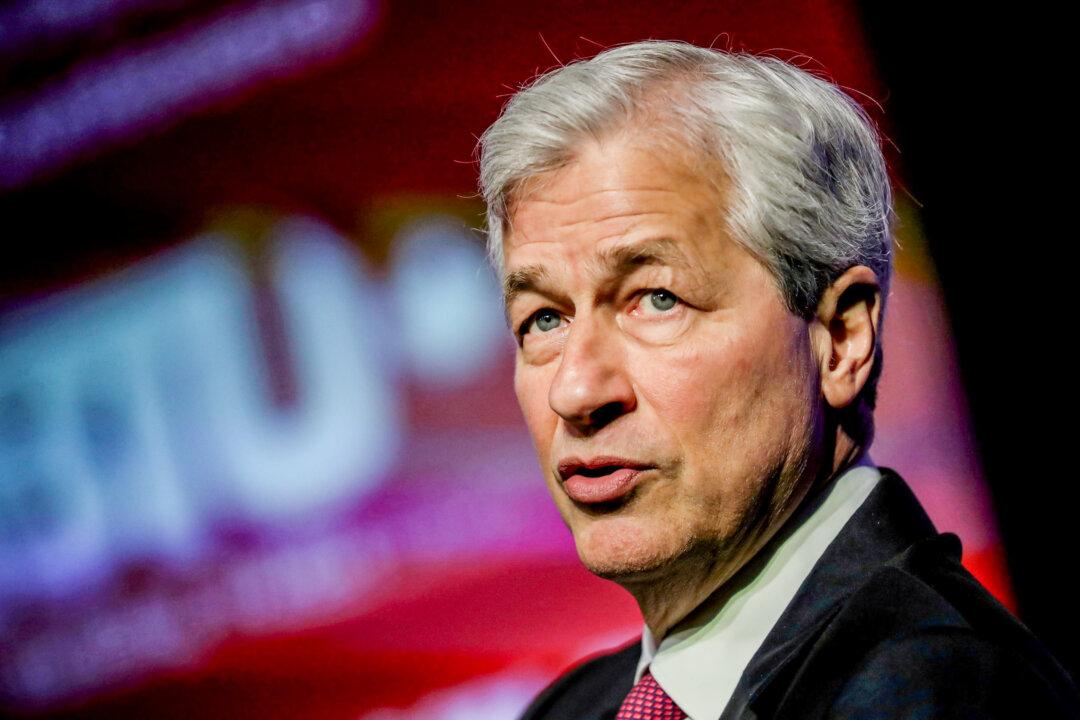JPMorgan Chase CEO Jamie Dimon listed three major threats to the U.S. economy in a recent comment during the bank’s second-quarter earnings call, according to the transcript.
The banking giant’s July 14 second-quarter results showed revenue and earnings exceeding economists’ expectations, but the JPMorgan chief stands on the side of caution.





